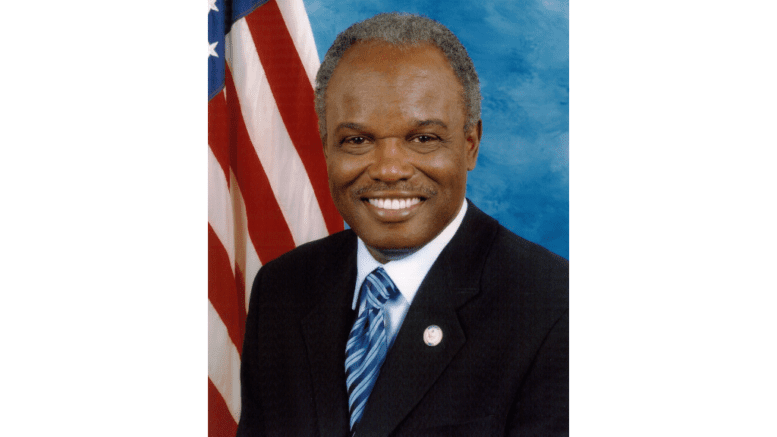Representative David Scott introduced bipartisan legislation to address the STEM skills gap at Historically Black Colleges and Universities (HBCUs).
Scott represents Georgia’s 13th Congressional District, which includes South Cobb.
The bill is also cosponsored by Drew Ferguson, the Republican congressman for Georgia’s 3rd Congressional District, in addition to Representatives Mark Takano (CA-41), Tim Ryan (OH-13), Steve Cohen (TN-09), and Brian Fitzpatrick (PA-01).
The legislation is called the Making Advances Kinetic, Education, Research and Skills (MAKERS) Act. The intent of the act would be to fund what are called “makerspaces.”
The press release from Rep. Scott’s office describes makerspaces as follows:
Makerspaces are workspaces where students can use tools and technology, such as 3D printers, laser cutters, CNC machines or other equipment that students might not otherwise have access to. In these locations, students can exercise their creativity while solving problems and learning new skills.
“Our nation is a leader for the world in science and innovation, but the STEM workforce must grow to sustain its position in the increasingly competitive environment,” said Scott. “Education inequalities prevent our STEM industries from fully embracing our country’s strength in diversity. I am proud to announce this bipartisan bill with my colleagues to address this problem and I will continue to work to make the STEM workforce more accessible for all Americans, regardless of their backgrounds.”
“As one of the Co-Chairs of the Congressional Maker Caucus, I am proud to support the MAKERS Act in an effort to promote the development of makerspaces at HBCUs, MSIs, and community colleges,” said Takano. “The maker movement is rapidly growing, and it’s important that we invest in the people and spaces that will be at the center of the creativity and forward-thinking innovation that will propel our economy and our technology into the 21stcentury. We must take these kinds of steps to assist in the formation of a truly STEM-capable workforce.”
“I am proud to join with my fellow Co-Chair of the Maker Caucus, Representative Takano, in supporting the MAKERS Act,” said Ryan. “This legislation is critical in building the STEM workforce desperately needed to advance our nation’s economy and outcompete China. I strongly encourage the House to take up and pass this bill without delay. We cannot afford to wait.”
BACKGROUND
The press release described the reason for the legislation as follows:
Research shows that Black and Hispanic workers are underrepresented in STEM jobs. Black workers comprise 11 percent of all employed adults, yet only 9 percent of STEM positions; Hispanic workers comprise 17 percent of employed adults, but make up only 8 percent of those employed in STEM jobs.
Read the bill here.

I see no reason for taxpayers to pay for these “maker spaces.” There are plenty of corporations that should be reaching out to these colleges and universities and supporting developement of their future workforce.